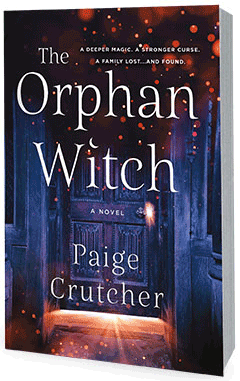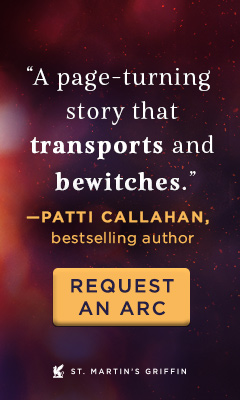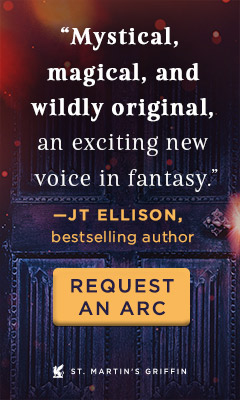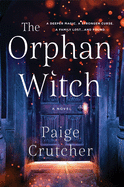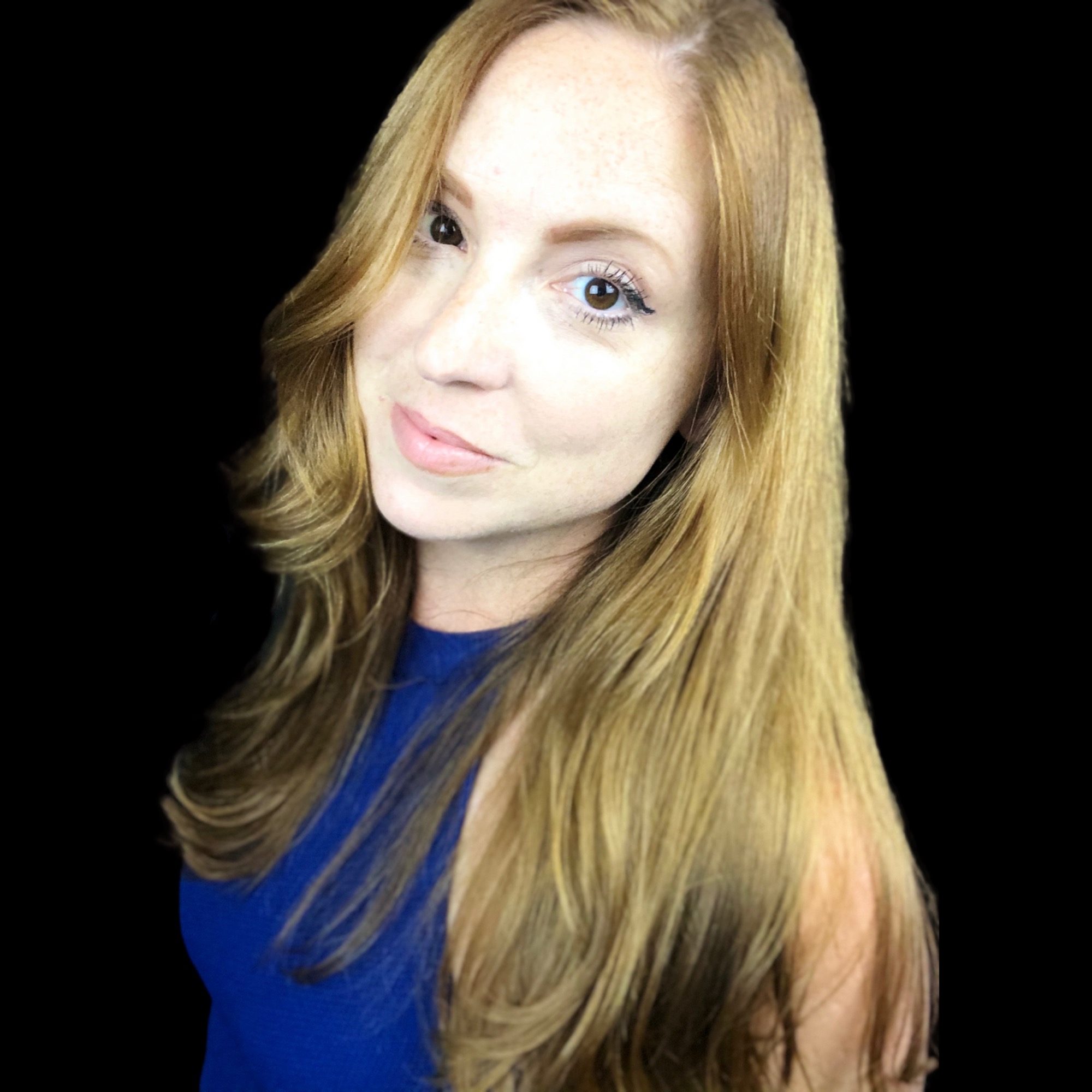The Orphan Witch
by Paige Crutcher
The Orphan Witch, Paige Crutcher's debut novel, weaves together myths and legends surrounding witchcraft in a suspenseful novel of magic, curses and what it means to belong. Generations ago, Wile Isle was cursed by the Wayfair sisters, both of whom were witches and lived on the small, remote island. "It was about magic and power, and the two coming together to take down anyone who stood in its path. And this night, this night with its wind blowing in from the wrong direction and the green lightning emblazing the skies, well... it was only the beginning."
In the present day, Persephone May has been "misplaced," from the moment she was left on the doorstep of a firehouse as an infant through a solitary adulthood spent bouncing from job to job and town to town. It's because Persephone May is different, bursting with an uncontrolled power that causes anyone she gets close to--or even makes eye contact with--to run fast and hard away from her, often at their peril. When she flirts with a man at her most recent gig as a barista and he promptly runs into oncoming traffic, she's on the road again, fleeing the evil she believes lives inside of her, cutting her off from true connection. She longs for "a place she could not just escape into, but where she might belong. It was the oldest of all her dreams, and she tried to swat it away, but this time it scooted closer, pressed its way into her heart." Then she receives an e-mail from Hyacinth Ever, the only friend she's ever known (and for reasons she doesn't understand, the only one she hasn't driven away). "[She] had asked her to visit before, but Persephone couldn't tell if it was a pie-crust invitation (easily made and easily broken) or if she'd meant it"--and so Persephone sets off for a visit.
Hyacinth lives on the remote Wile Isle, off the coast of North Carolina, with her sister, Moira. But Wile Isle is no ordinary island, and Persephone realizes this the minute she steps foot on its shore, with "air thick as a wool blanket, and [the taste of] power on her tongue." From that first moment, she is drawn to the place, and pulled increasingly into the Ever sisters' world and schemes. Hyacinth and Moira (and in short order, Persephone, too) are determined to break the 100-year-old curse that holds back the power of Wile Isle and binds them to the island. As they work to dispel the curse, Persephone realizes she might just get what she has longed for: a place to escape into, a place to belong. But at what cost? And to what end? "The problem," she learns, "was that the price of magic wasn't high, it was absolute."
This proves to be the central tension in The Orphan Witch, as Crutcher reveals a complex world of magic, with time travel and ghosts, multiple dimensions and old witch family trees.
As the worldbuilding comes into focus over the course of the novel, Wile Isle becomes as much a character in Crutcher's fast-paced story as the witches themselves, stubborn and willful and steeped in ancient power: "Wile Isle had a will almost as strong as [Persephone's]--clearly she was on a magical island with control issues." And watching the island interfere in Persephone's carefully laid plans proves the highlight of The Orphan Witch, as the island has access to secrets the modern-day witches could never have imagined--including the ancient magical Library of the Lost, with Dorian, a particularly attractive, if somewhat ornery, librarian. These secrets push The Orphan Witch toward a spectacular conclusion, with Persephone, the Ever sisters and a handful of others drawn into a magic that predates and outpowers them all--unless they can find a way to work together, giving Persephone that sense of belonging she's always lacked.
The Orphan Witch draws extensively on the existing lore and legends of witchcraft, as Crutcher imbues each page of the novel with as much feeling of magic as one might imagine in the air of Wile Isle itself. Those with a keen eye for detail will delight in the small nods to witches and magic throughout, with herbs and teas and spells and wards dancing across the pages of The Orphan Witch to even more thoroughly bring Crutcher's imagined magic--and magical island--to life. And that proves to be the perfect moody and atmospheric backdrop for Persephone's journey to self-discovery, as she finally stops running from her power--and therefore herself--and chooses to confront everything that scares her in the world in order to maybe, finally, find a place--and people--she can call her own. The Orphan Witch marks an exciting new voice in fantasy writing. --Kerry McHugh



